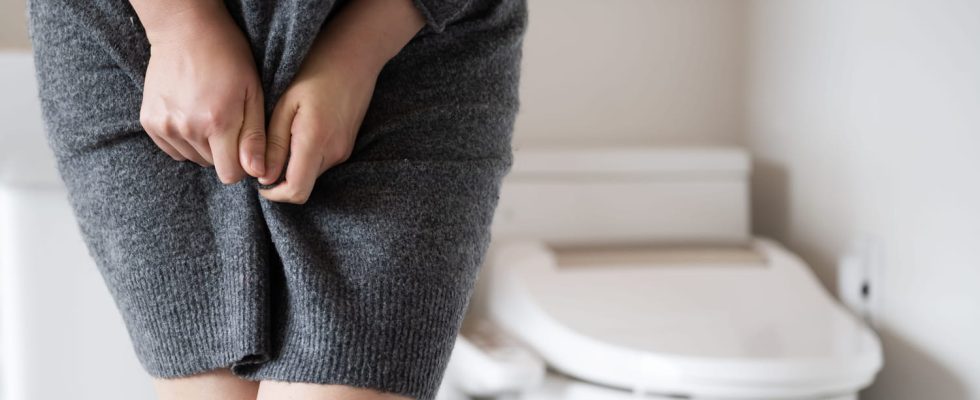This phenomenon, called “cold diuresis”, has, according to scientists, three biological explanations.
It’s not just a strange feeling, you want to urinate more when it’s cold. And this phenomenon, called “diuresis due to cold” would, according to scientists, three biological explanations.
The bladder muscle contracts involuntarily
In 1918, Austrian physician Alfred Adler found that by instilling cold water into a bladderthe detrusor (muscle which constitutes the wall of the bladder) tended to contract in an unusual way. It is this involuntary contraction which would cause an urgent need to urinate. This is why in cold weather the urge to urinate occurs more frequently than is considered normal. In order to confirm this postulate, other experiments (notably by Bors and Blinn in 1957, and McDonald and Murphy in 1959) were carried out and confirmed this bladder sensitivity to cold.
The kidneys produce more urine in the cold
Under the influence of cold, the body needs thermoregulate (in other words, maintaining constant and sufficient internal heat to allow vital organs to function properly). To do this, it tightens the blood vessels (vasoconstriction) in order to prevent blood circulation to the skin and the extremities (toes, fingers) and to contain heat loss. “The blood will then flow primarily to the essential organs., including the kidneys which then receive more blood and which, then functioning at full capacity, must produce more urine“, explains Louis-Guillaume Kan-Lancas, doctor of law, in the book “150 things to know” (First Edition). At the same time, heart rate tends to increase when it is cold (we notice a slight increase in heart rate of around 5 to 10 beats per minute, reports the French Federation of Cardiology). Increasing heart rate increases blood flow. Here again, the kidneys must filter a greater quantity of blood, which increases urine production. The bladder (which has a physiological capacity to 300 to 600 ml) fills up faster.
Less sweat in winter
Finally, and we don’t necessarily think about it, when it’s cold, we sweat less, therefore, the kidneys have more “fluid” to process, which requires urinating more to compensate.
“Peeing frequently is called pollakiuria. Normally, we have to pee every 2 to 3 hours. If one urinates frequently with shorter intervals, this can be considered pathological“, explained Dr Ala Chebbi, urologist, during a previous interview. In the case of diuresis due to cold, there is nothing pathologicalit’s simply the cold that puts more strain on our bladder and kidneys. The problem resolves when the outside temperature increases. However, if the frequent urge to urinate persists, it is better to talk to your doctor to identify the cause.
